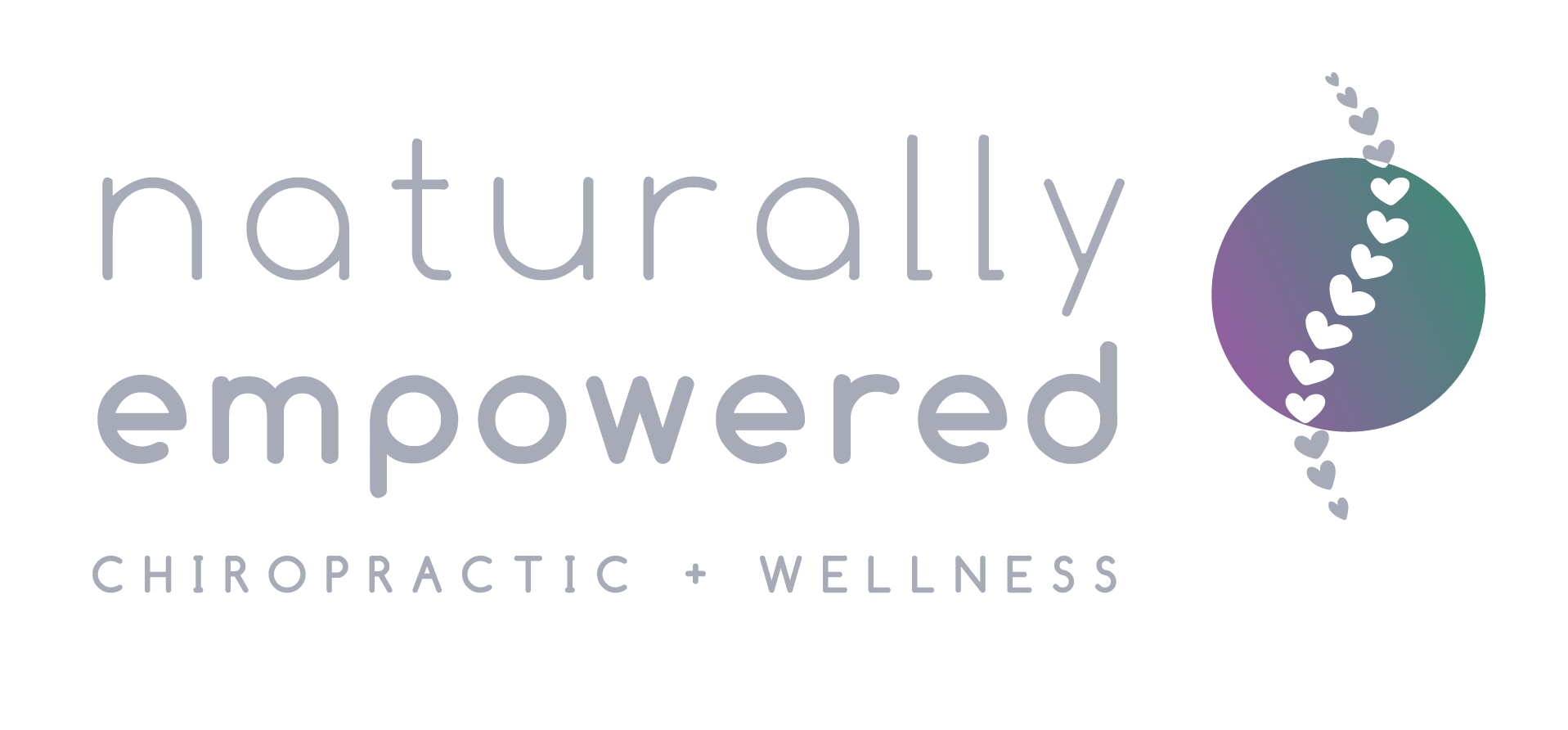How to Correct Poor Posture?
Why is Posture Important?
Most people agree that it’s good to have poor posture.
Good posture helps your body to function better. If your posture is good, you will require less effort and energy
when doing physical tasks. You will have a better mechanical advantage and reduce strain on your body. With good posture you are less likely to fatigue as your body will be working optimally. At another level, others perception of you is affected by your posture. Someone with upright, open posture is often seen as more attractive, more employable and more agreeable than someone who is stooped and closed. Whether we like it or not, we tend to make snap judgements on people and posture comes into that.
Poor posture is associated with a whole host of conditions from depression, to poor heart health and decreased longevity. The state of our posture does affect our qualtity of life.
We tend to accept that as we age our posture will get worse. What’s frightening is we are seeing more and more really poor posture in people as young as 10 or 11. So what’s happening?
Causes of Poor Posture
The majority of postural problems are related to lifestyle and to life events. There are a few people with spinal deformities, often present from birth, that cannot be reversed but for the majority of us our posture is within our control.
So what causes are posture to collapse?
Habits – we may be constantly bent over because of work. We may sit for hours at a computer or use our smart-phone excessively. Whichever one it is, it can create lasting problems which need to be rectified before they become irreversible
Psychological factors – our self-esteem can have a big impact on how we posture and present ourselves
Degeneration of the spine – we see this more in the elderly, particularly women
Spinal pain – leading to muscle guarding and protection, basically a way of avoiding feeling pain and doing further damage
Muscle spasm
Joint hyper or hypermobility
Excess weight – this can put significant pressure on the spine changing the spinal curves and often creating painful areas
Poor body awareness or loss of proprioception – the inability to perceive the position of your body
Over reliance on a passive support such as a back brace or supportive chair
Physiology of Posture
Posture is affected by the following:
Vision – because you will constantly adapt to your surroundings to ensure your eyes are aligned to the horizon
Proprioception (joint position senses) – which tells you where your body is in space and relative to the environment
Vestibular apparatus (in the brain/inner ear) – coordinates balance
How you have experienced the world and how your body remembers it – take the bullied child, she/he will have very different posture to the child who has been loved and praised.
The function of your spine has a big impact on all of these. All the messages from your body have to pass through the spine to reach your brain, so if there are distortions or tensions in your spine it can affect this message highway. I can’t count the number of times I’ve seen balance and posture improve with chiropractic care. As the spine (or nerve message super highway as I like to think of it) becomes more flexible and clear, it makes sense that function of the nervous system and hence posture would improve.
Furthermore, the dorsal horns of the spinal cord are one of the densest for the receptor sites for emotional chemicals. So poor posture can reinforce negative beliefs and hold people in a less than optimal state.
What can you do about your posture?
Own it: Firstly, be honest. Own your posture. I cannot count the number of times that people have told me their posture is fine, only to use photo analysis to demonstrate how far their posture has deteriorated. Use your smart phone and get a friend to take a picture of you from the side. Take a look. What do you see?
Once you recognize your postural problems you will be able to start to change it by actively correcting your posture when you notice yourself dropping.Exercise: When posture if poor we often find that the muscles on the front of the body are short and tight, and those on the back are weak. Many men in the gym focus on biceps and forget triceps. Many people slump because sitting upright is hard work.
So you can join a gym and train. It will take time and effort but for some people they can solve their posture problems all on their own.Chiropractic: Chiropractors are experts in the Neuro-Musculo-Skeletal system. That means they can analyze your spinal function and using specific adjustments help to correct tension and stress in the spine that may be stopping you from standing up straight. Many people with back problems see huge improvements in their posture over time. So find a chiropractor that chimes with you and let them use their expertise to help you attain your goals.
Posture often reflects the life events people have had to deal with and sometimes correction of posture can take a long time and input from several practitioners, plus personal ownership. I’ve found over the years people who get involved in their healing rather than expecting someone else to fix them, get significantly better results than those who expect to be fixed.
Make a decision now to have the best posture possible and reap the benefits.

